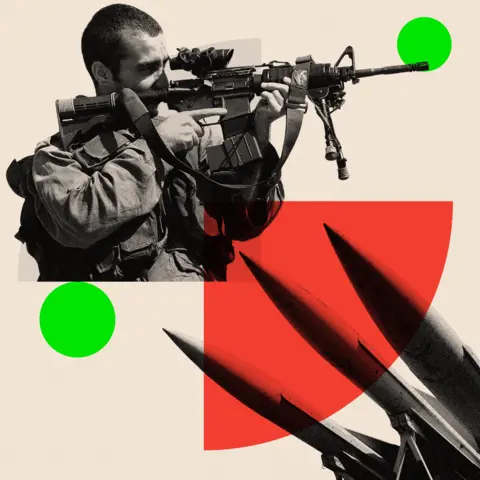- Joined
- Sep 2, 2024
- Messages
- 112,648
- Likes
- 313
- Nation

G7 leaders warn of 'uncontrollable escalation' in Middle East
The leaders of the G7 have outlined their concern over the "deteriorating situation" in the Middle East.The joint statement issued today read: "We, the leaders of the G7, express deep concern over the deteriorating situation in the Middle East and condemn in the strongest terms Iran's direct military attack against Israel, which constitutes a serious threat to regional stability."
The statement also reaffirmed the group's commitment to the security of Israel and condemned what it called Iran's "destabilising actions throughout the Middle East through terrorist proxies and armed groups".
Discussions to avoid escalation in the region have also taken place, the G7 leaders said, adding: " A dangerous cycle of attacks and retaliation risks fuelling uncontrollable escalation in the Middle East, which is in no-one's interest. Therefore, we call on all regional players to act responsibly and with restraint."


































